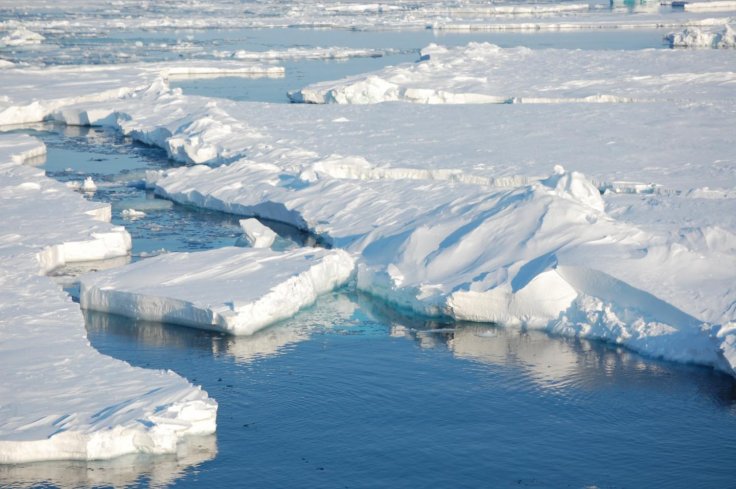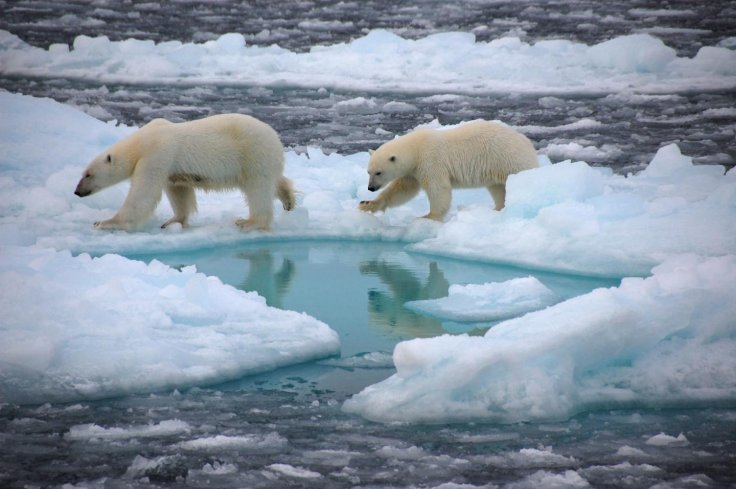Amid the rapid global warming crisis, researchers say that the Arctic Ocean will likely be ice-free during summers before 2050, resulting in devastating consequences for the Arctic ecosystem. A new study, published in Geophysical Research Letters, reveals that now only the efficacy of climate protection measures will determine for how many more years the planet will continue to have a northern ice cap year round.
At present, the North Pole is covered by sea-ice throughout the year. However, the area of sea-ice coverage decreases in the summers and grows again in winter. But due to the massive global warming, the overall area of the Arctic Ocean covered by sea-ice has reduced rapidly over the past few decades.

Huge blow to Arctic ecosystem
The researchers said that the sudden change substantially has a major impact on the Arctic ecosystem and climate as the sea-ice cover is a hunting ground and habitat for polar bears and seals. It also keeps the Arctic region cool by reflecting sunlight.
Co-author Bruno Tremblay, Associate Professor in the Department of Atmospheric and Oceanic Sciences at McGill University, said: "While the Arctic sea-ice extent is decreasing during this transition to an ice-free Arctic, the year-to-year variability in extent greatly increases, making life more difficult for local populations and ice-dependent species."
The latest study, involving 21 research institutes from around the world, including McGill University, analysed recent results from 40 different climate models. The researchers used the models to assess the evolution of Arctic sea-ice cover in a scenario with high CO2 emissions and little climate protection.

Humans to determine the end result?
According to the researchers, the simulations showed rapid disappearance of the summer Arctic sea-ice, as expected. The team of researchers were also surprised to see that ice disappeared in some simulations where CO2 emissions were rapidly reduced.
The study noted that the rate of Arctic sea-ice loss critically depends on future CO2 emissions. The research findings said that if emissions are reduced rapidly, ice-free years only occur occasionally. But the Arctic Ocean will become ice-free in most years, if the emissions are higher.
Tremblay said mankind still plays an important role in determining how often the Arctic Ocean will be ice-free in the summer, depending on our future level of emissions.









